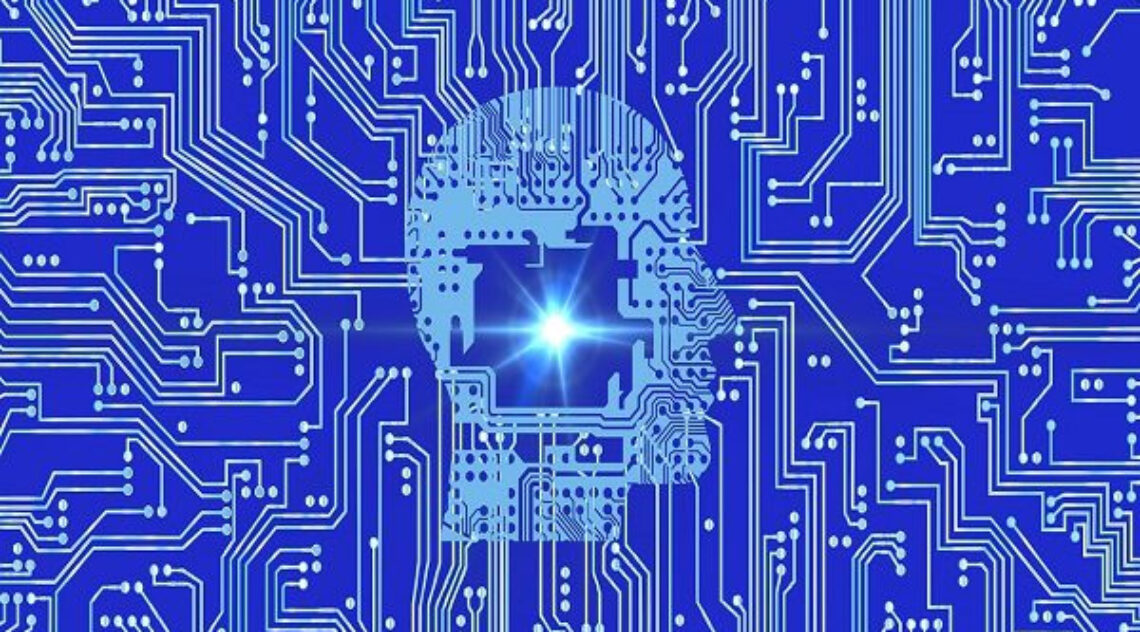
Introduction
Artificial Intelligence (AI) has undoubtedly become one of the most transformative technologies of our time. From revolutionizing industries to simplifying everyday tasks, AI has shown immense potential. However, as with any powerful tool, there are risks associated with its use. This article delves deep into the question: Why is artificial intelligence dangerous? By exploring the various aspects of AI, we aim to shed light on the potential dangers it poses and the measures that can be taken to mitigate these risks.
The Unprecedented Growth of Artificial Intelligence
Artificial intelligence has evolved at an astonishing pace. Machine learning algorithms, neural networks, and deep learning techniques have empowered AI systems to learn from vast amounts of data, enabling them to make decisions, predict outcomes, and even mimic human intelligence. This rapid growth has raised concerns about the ethical implications and the potential dangers that AI might bring.
Lack of Ethical Boundaries
One of the primary concerns regarding AI is the lack of clear ethical boundaries. AI systems, especially those based on deep learning, often operate as “black boxes,” meaning their decision-making processes are not entirely transparent or understandable to humans. This opacity raises questions about accountability and the potential consequences of decisions made by AI.
Job Displacement and Economic Instability
The integration of AI in various industries has led to concerns about widespread job displacement. Automation of tasks previously performed by humans could result in significant unemployment, leading to economic instability. While AI can create new job opportunities, the transition period might be challenging, especially for workers in industries heavily impacted by automation.
Privacy and Data Security
AI systems rely on vast amounts of data to function effectively. The collection and analysis of this data raise serious privacy concerns. Unauthorized access to personal information, data breaches, and the misuse of AI-driven insights can compromise individual privacy and security. Striking a balance between harnessing the power of AI and safeguarding user data is crucial to addressing this challenge.
Bias and Discrimination
Another significant issue associated with AI is bias. AI algorithms learn from historical data, which may contain biases present in society. If not properly addressed, these biases can perpetuate discrimination, leading to unfair treatment in areas such as employment, finance, and law enforcement. Ensuring that AI systems are trained on diverse and unbiased datasets is essential to prevent the amplification of societal prejudices.
Autonomous Weapons and Military Use
The development of autonomous weapons powered by AI has raised alarms within the international community. The prospect of AI-controlled military systems capable of making life-or-death decisions without human intervention poses ethical dilemmas and the risk of unintended consequences. International regulations and ethical guidelines are essential to prevent the escalation of conflicts due to the use of AI in warfare.
Existential Threats and Superintelligence
Some experts express concerns about the long-term future of AI, especially the potential emergence of superintelligent systems that surpass human intelligence. While this scenario is currently speculative, addressing the ethical implications and ensuring alignment with human values is crucial. The idea of a superintelligent AI acting against human interests remains a topic of debate among researchers and ethicists.
Mitigating the Dangers of Artificial Intelligence
Despite the challenges posed by AI, there are proactive measures that can be taken to mitigate its dangers:
Ethical Frameworks: Developing robust ethical frameworks that guide the development and deployment of AI technologies is essential. These frameworks should prioritize transparency, fairness, accountability, and user privacy.
Regulation and Oversight: Governments and regulatory bodies must work together to establish clear regulations regarding the use of AI. Oversight mechanisms can ensure that AI applications adhere to ethical standards and do not harm society.
Education and Awareness: Raising public awareness about the capabilities and limitations of AI is vital. Educated individuals are better equipped to understand the risks associated with AI and make informed decisions about its use.
Bias Detection and Mitigation: Researchers and developers should invest in technologies that detect and mitigate biases in AI algorithms. This includes diverse dataset collection and continuous monitoring of AI systems for discriminatory patterns.
Collaboration between Academia, Industry, and Government: Collaboration between academic institutions, industry players, and government agencies can foster research, innovation, and policy development. Working together ensures a holistic approach to addressing the challenges of AI.
International Cooperation: Given the global nature of AI, international cooperation is essential. Countries should collaborate on setting ethical standards, sharing best practices, and addressing cross-border challenges associated with AI technologies.
Conclusion
While artificial intelligence holds immense promise, acknowledging and addressing its potential dangers is crucial for responsible development and deployment. By fostering a culture of ethics, transparency, and collaboration, society can harness the benefits of AI while minimizing its risks. As we move forward into an AI-driven future, it is imperative that we prioritize the well-being of humanity, ensuring that artificial intelligence serves as a tool for progress rather than a threat to our existence.